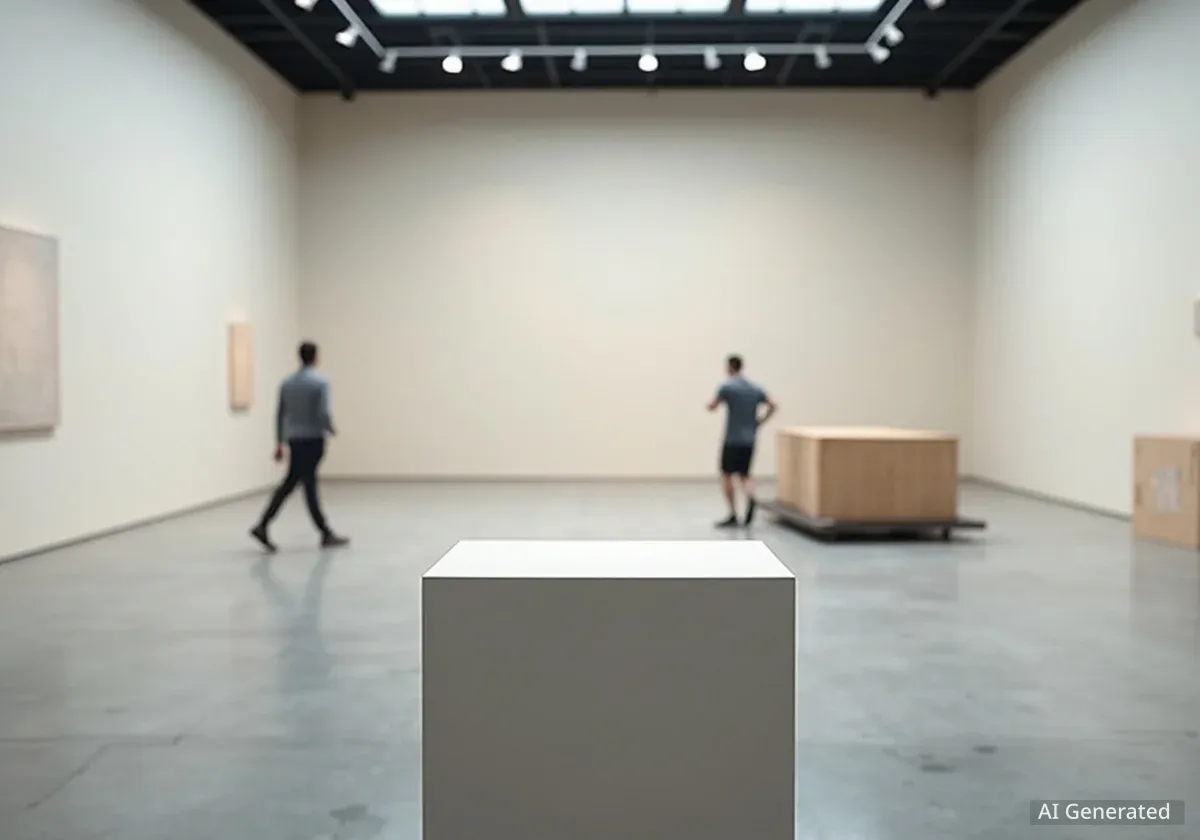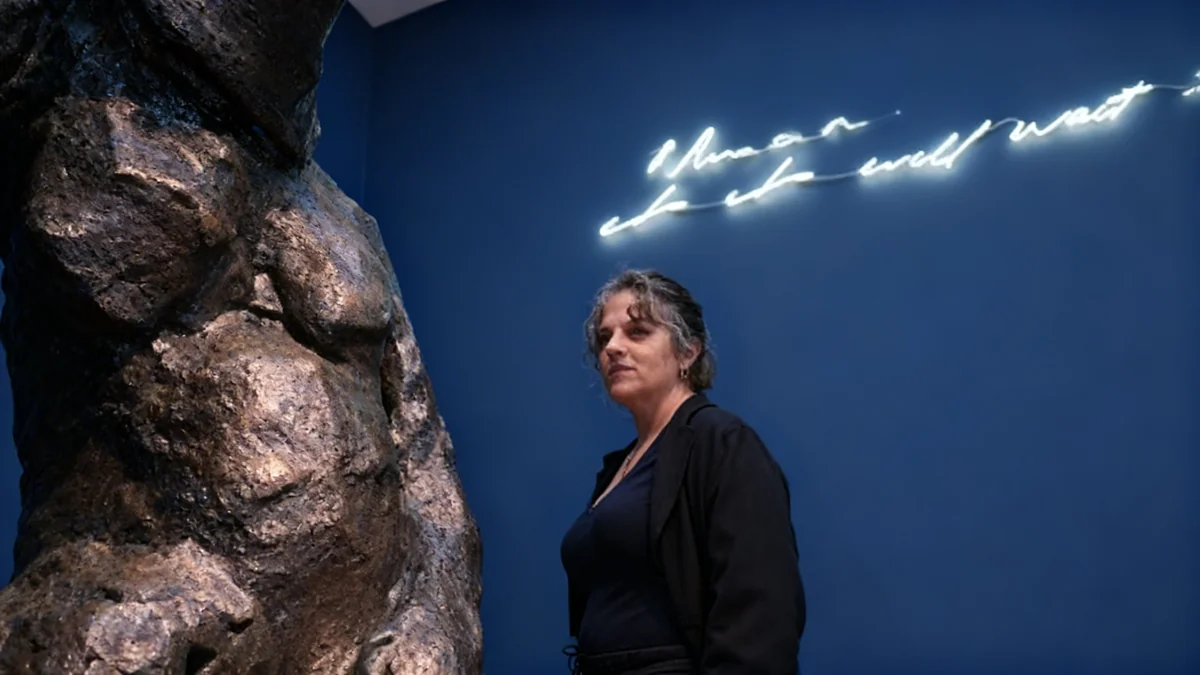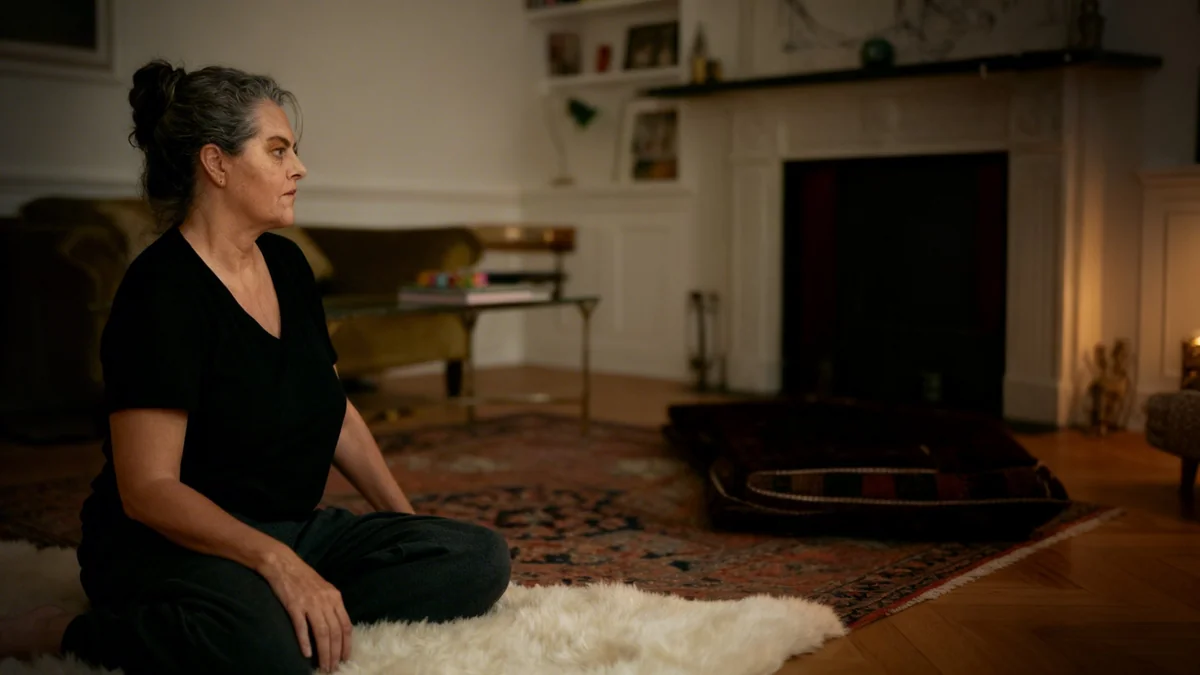The Flemish government has announced the dissolution of the Museum of Contemporary Art Antwerp, known as M KHA. Its collection will move to the contemporary art museum in Ghent. This decision has caused significant concern within the European art community, leading to protests and petitions.
Key Takeaways
- M KHA will be dissolved, and its 8,000-object collection moved to S.M.A.K. in Ghent.
- The combined institution will be named the Flemish Museum of Contemporary and Current Art.
- The former M KHA building will become an arts center with studios and residencies.
- The decision follows the cancellation of a €130 million new building project for M KHA.
- Art experts and former curators have criticized the move as "shambolic" and "politically motivated."
Antwerp Museum's Future Redefined
M KHA is Belgium's oldest contemporary art museum. It currently houses a collection of approximately 8,000 objects. The museum features both solo artist exhibitions and group shows. Under the new government plan, the M KHA building will be repurposed. It will become an arts center. This center will continue to host exhibitions, alongside offering studio spaces and residencies for artists.
The decision to dissolve M KHA and relocate its collection came as a surprise. It has generated strong reactions across the European art world. Many individuals and organizations are now circulating protests and petitions to support the Antwerp institution.
"The very idea of stripping Antwerp of its museum and shipping its singular collection off to Ghent, to a museum with both a very strong identity and considerable infrastructural challenges of its own, just sounds… shambolic," stated Dieter Roelstraete. Roelstraete served as a curator at M KHA from 2003 to 2011. He described the move as "ludicrous, short-sighted, and all too obviously politically motivated in ways we thought we had long outgrown."
Fact: M KHA's Collection Size
M KHA's extensive collection comprises around 8,000 contemporary art objects. This makes it a significant repository of modern Belgian and international art.
Timeline of Recent Developments
Just last week, M KHA faced another setback. A ruling canceled its planned new building project. This project was estimated at €130 million and had been in development for nearly ten years. At that time, Culture Minister Caroline Gennez provided assurances. According to the Belga News Agency, she affirmed M KHA's continued role in Belgium's art landscape. She also assured staff of job security.
However, only days later, the museum received news that its funding would be cut. Its collection would be integrated with that of Ghent's S.M.A.K. The two institutions, once merged, would operate under a new name: the Flemish Museum of Contemporary and Current Art. The merger process is expected to conclude by 2028.
Background on Belgian Art Institutions
Belgium has a rich history of supporting the arts, with numerous museums and galleries. M KHA has been a leading institution for contemporary art for decades. S.M.A.K. (Stedelijk Museum voor Actuele Kunst) in Ghent is another prominent contemporary art museum in Flanders, known for its distinct collection and programming.
Lack of Prior Consultation
M KHA's long-time director, Bart De Baere, confirmed a lack of communication. He told The Art Newspaper that the museum was not informed of this significant decision in advance. This lack of consultation has added to the controversy surrounding the government's move.
M KHA holds a strong reputation within the European art community. Director Bart De Baere is a highly respected figure. He has been instrumental in supporting museums across the continent. He co-founded the L’Internationale network in 2009. This network fosters collaboration among European art institutions. De Baere was also among the first European museum directors to expand his institution's programming and collecting globally, demonstrating a forward-thinking approach.
Impact on Artistic Legacy
The proposed dissolution of M KHA's collection raises concerns about its artistic legacy. Experts fear that decades of focused collecting and curating could be undermined. The museum has been known for its adventurous approach to contemporary art. This approach has shaped its unique identity over more than thirty years.
- Global Reach: M KHA was an early adopter of a global perspective in its programming.
- Curatorial Vision: Its curatorial decisions helped define contemporary art in Belgium.
- Network Building: The institution played a key role in European museum collaboration.
Roelstraete emphasized the potential loss. He stated, "The imminent destruction of this legacy in the proposed dissolution of M HKA’s collection signals a defeat for more than thirty years of adventurous collecting and curating." The art world watches closely to see the full implications of these changes for Belgium's cultural landscape.
Future of the Antwerp Arts Scene
While M KHA as a museum will cease to exist, the building will continue to serve the arts. Its transformation into an arts center aims to provide new opportunities. These opportunities include exhibition spaces, artist studios, and residency programs. This change represents a significant shift in Antwerp's cultural infrastructure. The long-term impact on the city's identity as an art hub remains to be seen.
The integration of the M KHA collection into S.M.A.K. in Ghent is a complex undertaking. It involves merging two distinct collections and institutional identities. The process is scheduled for completion by 2028. This will create a new, larger Flemish Museum of Contemporary and Current Art, aiming for a unified approach to modern art in the region.




